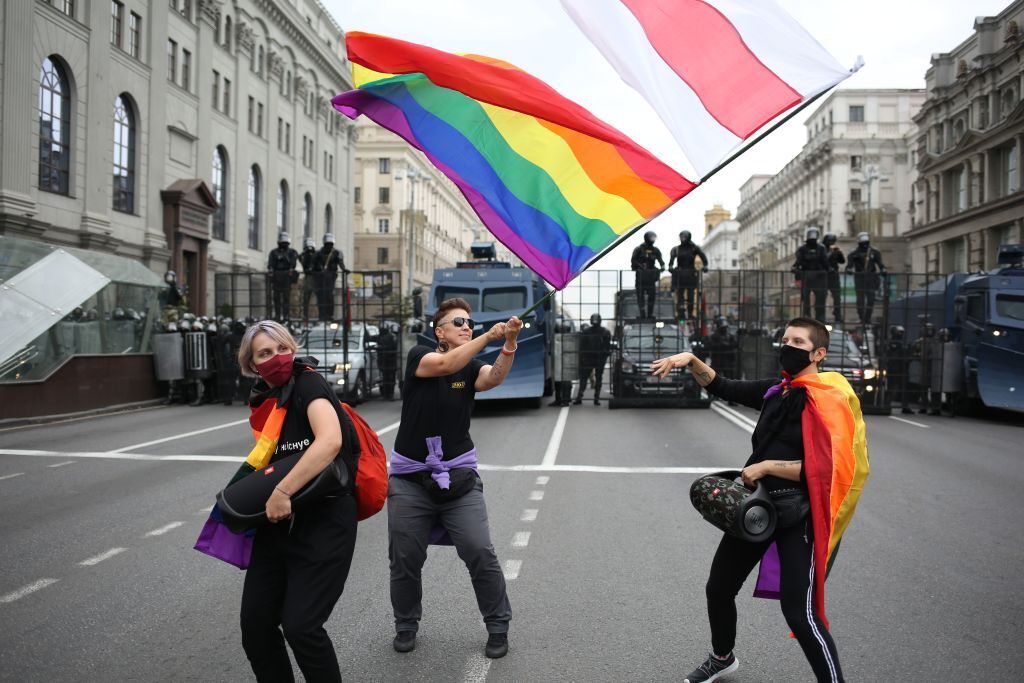In Belarus, the Culture Ministry has classified depictions of non-heterosexual relationships as “pornography,” aligning with Russia’s conservative stance on LGBTQ+ rights. Meanwhile, former presidential candidate Andrei Dzmitryeu has been released after serving an 18-month prison term, while other top Lukashenko opponents remain behind bars. The UN Human Rights Committee has also concluded that Belarus violated the rights of prisoners executed in 2018. Additionally, the Belarusian parliament has passed a bill expanding the Investigative Committee’s access to citizens’ personal data without their consent, raising concerns about increased surveillance and monitoring.
In response to the political crisis in Belarus, neighboring Lithuania has rejected a proposal to cancel the residence permits of Belarusians traveling frequently to their home country. The Parliament Committee on National Security and Defense approved a compromise proposal allowing no more than one trip every three months, but it failed to pass the required vote threshold. Lithuania and Poland were among the first to take in Belarusian refugees fleeing the 2020 political crisis, with Lithuania hosting the office of exiled opposition leader Sviatlana Tsikhanouskaya. Belarusians have faced restrictions in Lithuania, with residence permits being revoked based on national service in the Belarusian army or military education.
Russian state media has been critical of Western democracies while facing high demand for U.S.-made products in Russia. To cover the demand, Russian movie theaters are illegally screening Western films without consequences. Despite tensions between Russia and Western nations, the desire for U.S. products remains strong among Russian consumers. Lithuania has introduced restrictions against Belarusians in response to Russia’s war in Ukraine, limiting their ability to obtain visas and residency status. Belarusians fleeing persecution in their country have sought refuge in Lithuania, but face increased scrutiny and risk assessments upon arrival.
The UN Human Rights Committee found that Belarus violated the rights of two prisoners executed in 2018, highlighting issues with fair trial processes and presumption of innocence in the country. Belarus remains the only country in Europe with capital punishment, and the number of offenses punishable by death has been increasing. The secrecy surrounding executions and lack of transparency in the legal system make it difficult to determine the full extent of the death penalty’s application in Belarus. The country’s continued use of capital punishment has drawn criticism from human rights organizations and advocates for abolishing the practice.
Overall, the situation in Belarus continues to raise concerns about human rights violations, political repression, and lack of judicial fairness. The classification of non-heterosexual relationships as “pornography” and the expanded access to citizens’ personal data without consent indicate a growing trend towards authoritarian control in the country. The release of Andrei Dzmitryeu and the rejection of proposals targeting Belarusians in neighboring countries reflect the complex geopolitical dynamics at play in the region. The violations of prisoners’ rights and the use of capital punishment further underscore the challenges faced by individuals in Belarus who dare to speak out against the government.















